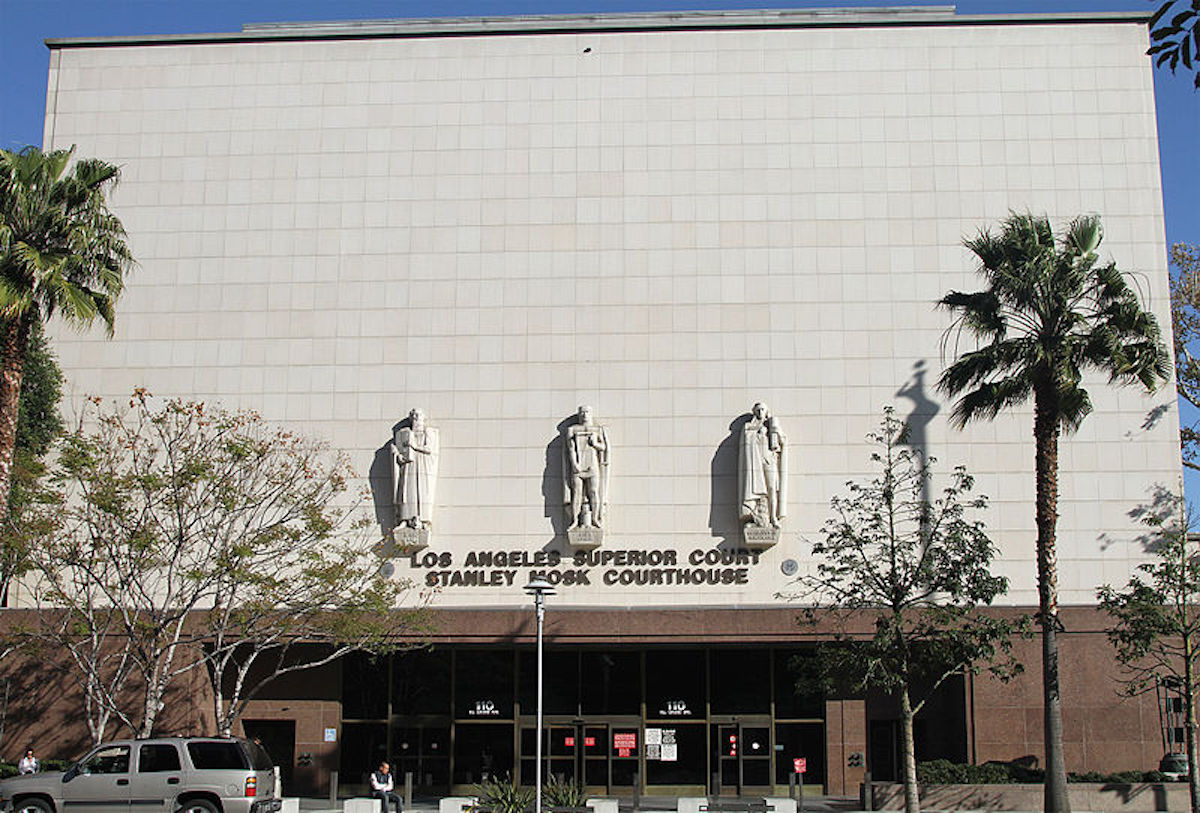In 2018, former State Senator Hannah-Beth Jackson (D-Santa Barbara) co-authored SB 286, which required gender diversity on corporate boards and, at least on paper, would have penalized companies for non-compliance. At the time of its passage, then-governor Jerry Brown worried that it might be overturned by a court. His fears were realized when last Friday, Los Angeles judge Maureen Duffy-Lewis ruled that it was unconstitutional. Conservative legal group Judicial Watch had challenged the law, arguing that it violated the California Constitution’s equal-protection clause by enforcing a quota with taxpayer funds.

The state contended that the law did not create an alleged quota, as it allowed for boards to make additional seats for women without removing any incumbent men. According to the law, boards with five directors would need to have two women by January 2022; boards with six or more would need three.
Supporters of the law said that it was made to reverse a culture of discrimination that favored men. “More women on corporate boards means better decisions and businesses that outperform the competition,” announced Senate President pro Tempore Toni Atkins (D-San Diego) in a statement following the court ruling. “[SB 826] exemplifies equal access and opportunity and opportunity is the very bedrock of our democracy.”
Jackson said that the law has “helped shareholders, retirees, and the state’s economy.” According to the California Partners Project, a six-year global research study by Credit Suisse showed that companies with women directors on their boards outperformed shares of comparable businesses with all-male boards by 26 percent.
Although no fines were ever enforced on errant companies, the share of women on the boards of California-based companies doubled from 15 percent to 30 percent in the three years after the bill’s passage.
Jackson anticipates the fight to continue. “The legislation and the law meet the requirements of constitutionality, and the court’s ruling was in error,” she said. “I look forward to the appeal process and reinstatement of SB 826.”
Support the Santa Barbara Independent through a long-term or a single contribution.





You must be logged in to post a comment.